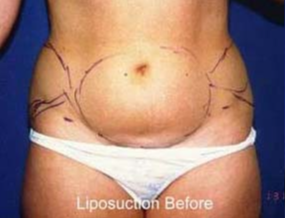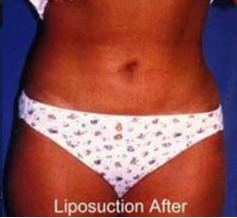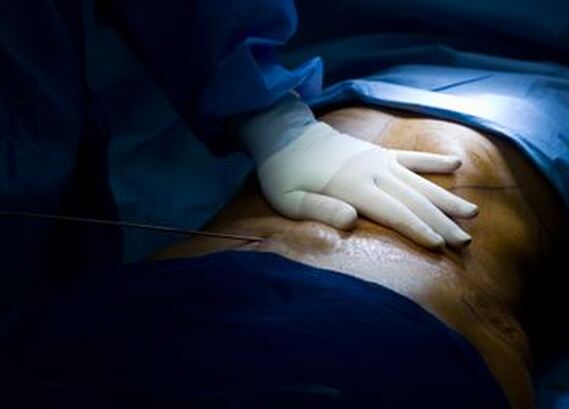Liposuction Services: Sculpting Your Ideal Body Contour
Liposuction Overview
Understanding Liposuction: Limitations and Purpose
Consultation and Expectations
- Effective Fat Removal: Suction-assisted lipectomy, or liposuction, targets unwanted fat in areas like the chin, neck, abdomen, and more.
- Specific Focus: Ideal for addressing localized fat, not overall weight reduction or cellulite.
Understanding Liposuction: Limitations and Purpose
- Targeted Approach: Best for areas resistant to diet and exercise.
- Skin Considerations: May require additional procedures for loose skin.
Consultation and Expectations
- Enhanced Appearance: Improves self-confidence, though it may not drastically change overall appearance.
- Expert Guidance: Dr. Weiss discusses your goals to ensure liposuction is the right choice. Ideal Candidates: Is Liposuction Right for You?
- Candidate Profile: Best for those with normal weight but localized excess fat.
- Health and Stability: Physical health and realistic expectations are key.
- Skin Elasticity: Firm skin is beneficial; loose skin may need extra care. Anesthesia and Liposuction Procedure
- Anesthesia Options: Local with sedative for smaller areas, general for larger or multiple areas.
- Procedure Process: Performed awake under local anesthesia for minimal discomfort.
Pre-Surgery: Preparing with Dr. Weiss
Initial Consultation and Health Evaluation
Setting Expectations and Understanding Risks
- Health Check: Dr. Weiss assesses your health and fat deposits.
- Alternative Options: Discussion on other methods like abdominoplasty.
Setting Expectations and Understanding Risks
- Open Communication: Discuss expectations, procedure details, and risks.
- Lifestyle Considerations: Important to share your medical history and habits.
The Liposuction Procedure: A Detailed Overview
- Incision and Fat Removal: Small incisions for cannula insertion, breaking up and suctioning out fat.
- Sensations During Surgery: Vibrations and mild stinging under local anesthesia.
- Fluid Management: IV fluids to compensate for fluid loss; blood transfusion if needed.
- Procedure Duration: Varies based on area and amount of fat.
Post-Surgery Care and Recovery
Immediate Aftercare
Recovery: Healing and Resuming Activities
Achieving Long-Term Satisfaction
Ready to Explore Liposuction with Dr. Weiss?
Schedule your consultation with Dr. Weiss to discuss how liposuction can achieve your body contouring goals. Embark on your journey to a more confident you.
- Drainage and Compression Garments: Essential for managing swelling and shaping the body.
- Recovery Timeline: Wearing garments for 2-3 weeks, with gradual reduction.
Recovery: Healing and Resuming Activities
- Gradual Healing: Walking encouraged post-surgery; avoid strenuous activities for a few weeks.
- Return to Normalcy: Work resumption and activity level dependent on individual recovery.
Achieving Long-Term Satisfaction
- Lasting Results: New body contour with minimal scarring, maintained with a healthy lifestyle.
- Patient Experience: High satisfaction rate with improved comfort and confidence.
Ready to Explore Liposuction with Dr. Weiss?
Schedule your consultation with Dr. Weiss to discuss how liposuction can achieve your body contouring goals. Embark on your journey to a more confident you.




